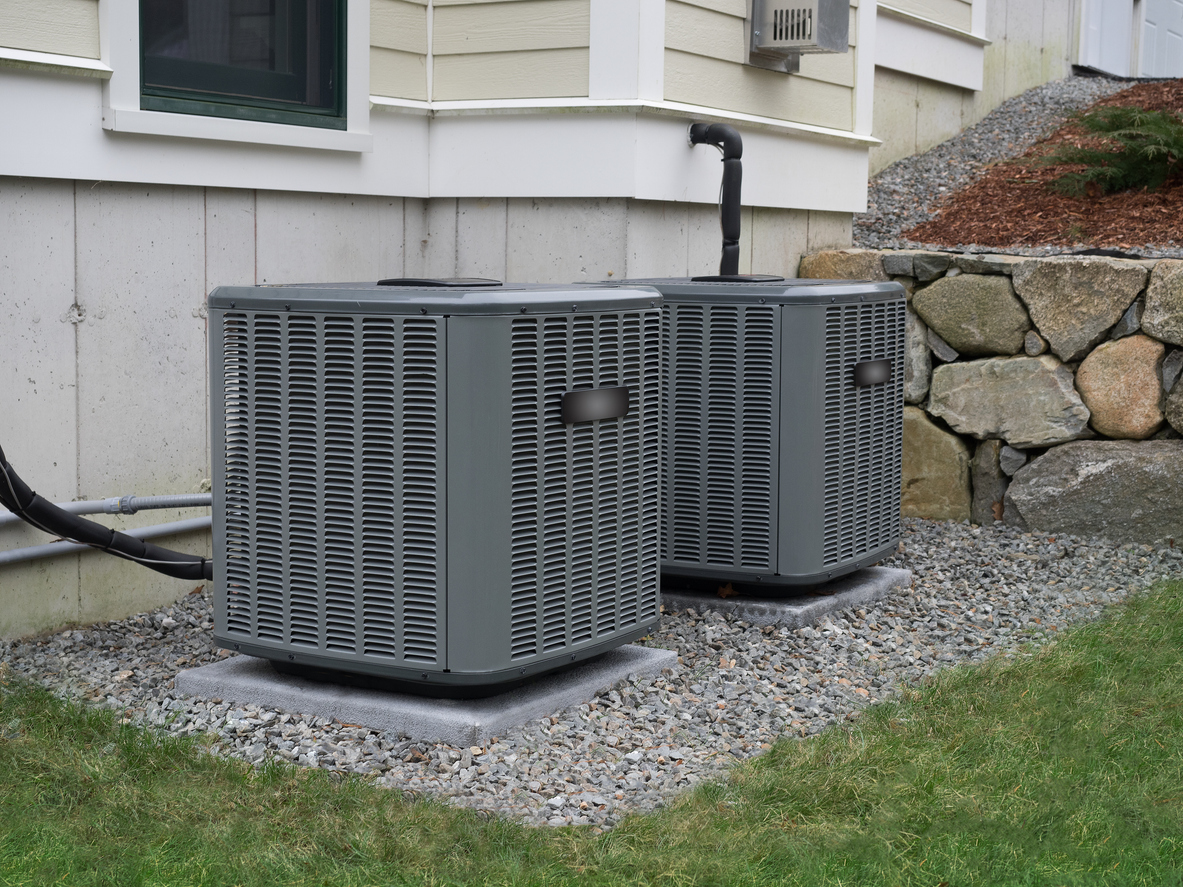
Get The Best Air Conditioning Installation in Colorado Springs, CO
Get a new air conditioner installed fast, with quality service and competitive pricing.
Lower energy bills
Stay cool consistently
Warranties included
Is Your Air Conditioning System Ready For Another Summer?
Many Colorado Springs homeowners keep an old unit running longer than they should. But frequent repairs, rising energy bills, and inconsistent cooling are signs that it’s time for a new AC system. Have you noticed any of these symptoms when using your AC?
- Rising energy costs
- Frequent breakdowns
- Weak airflow or warm air
- Loud or strange noises
- Unit runs constantly with little effect
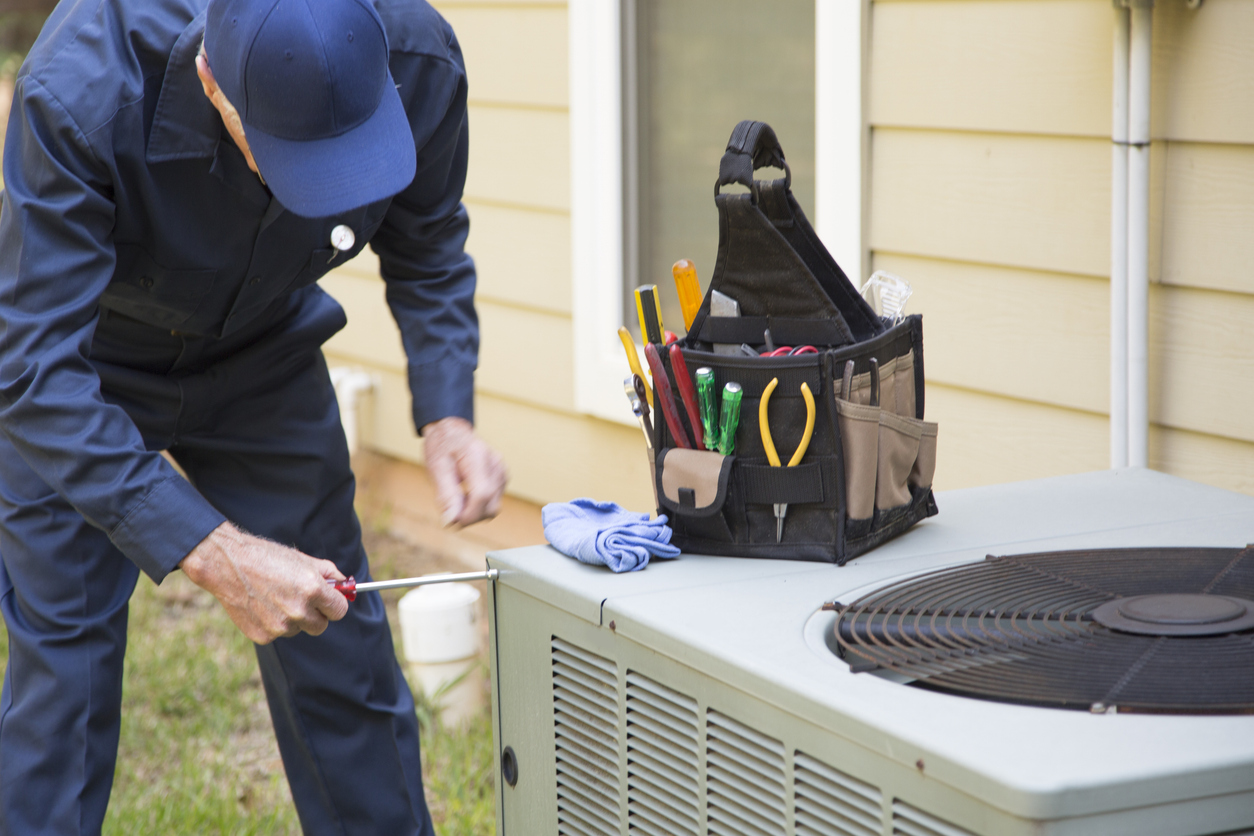
AC Installation Shouldn’t Be A Hassle
We Offer The Easiest Air Conditioning Installation Service In El Paso County
Whether you’re replacing a broken unit or outfitting a brand new home, our Colorado Springs HVAC company installs reliable, energy-efficient cooling systems of all types, chosen based on your house and your needs.
Mini Split Air Conditioner & Ductless Mini Split Installation
Ductless mini splits provide targeted cooling for garages, additions, and homes without ductwork. We install these flexible systems for year-round comfort with minimal disruption.
Central Air Conditioning Installation
We install central air systems designed for long-term performance, even on the hottest days in Colorado Springs. Get consistent cooling, quieter operation, and better airflow with every new unit.
Heat Pump & AC System Upgrades
Replace your old system with an energy-efficient model that reduces energy consumption and qualifies for rebates. A new HVAC system improves your home’s comfort and lowers your utility bills.
Smart Thermostats & Zoned Cooling Options
Improve your system’s performance with smart upgrades that let you control your air conditioning unit from anywhere, so you can save energy and money.
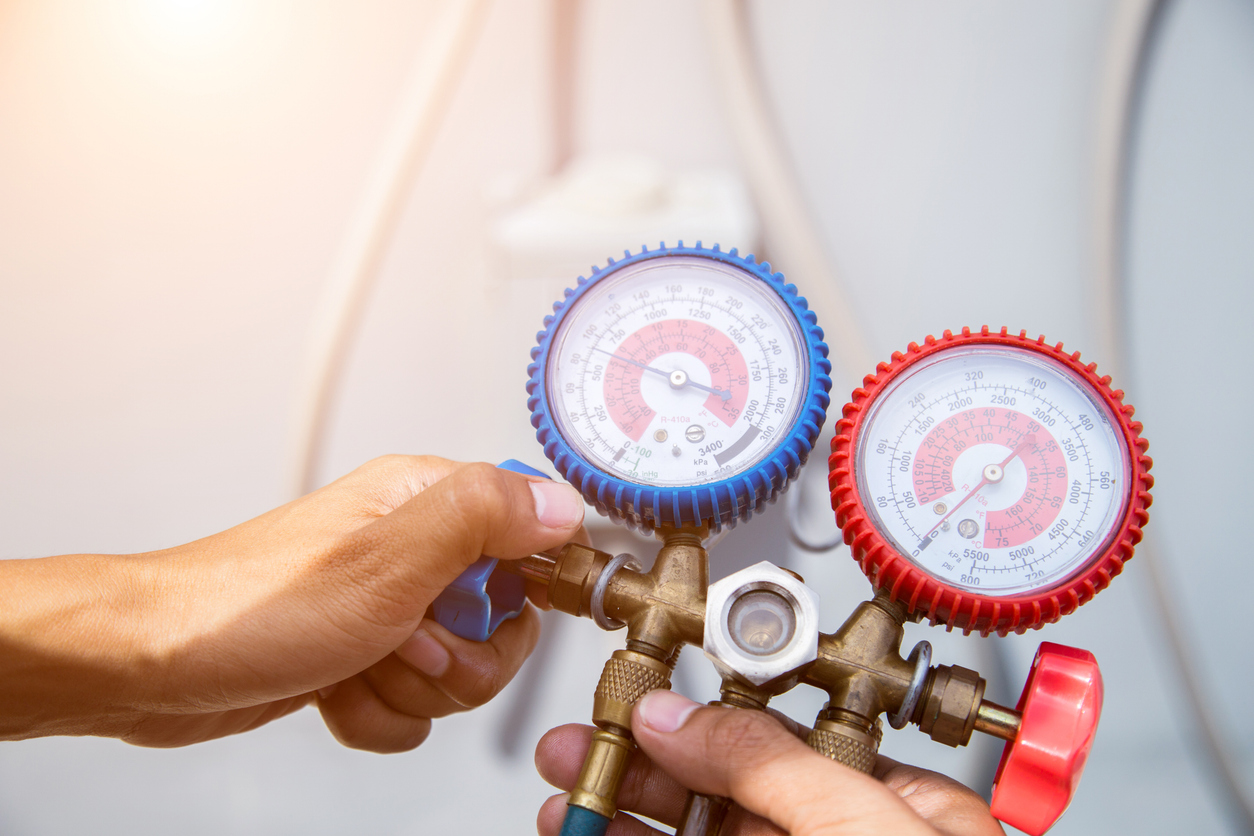
When It’s Hot, You Deserve To Stay Cool
That’s why we work closely with every customer to make your new air conditioning installation as fast, affordable, and stress-free as possible. Below are the benefits included with your installation.

Free Estimate
Get clear pricing and expert recommendations tailored to your home.

System Evaluation
We assess your house, square footage, and heating and cooling needs to recommend the right system.

Professional Installation
Our HVAC installation team installs your new air conditioning system efficiently and to manufacturer specifications.

System Walkthrough & Setup
We’ll show you how to operate your new AC unit and set up smart thermostat controls if included.

Clean Worksite, Guaranteed
We respect your home and commit to leaving it as clean as it was when we found it.
Get An AC Unit Installed By Experts You Can Count On
We’re a family-owned Colorado Springs HVAC company with over 20 years of hands-on experience and 50+ vendor certifications.
We’ve installed hundreds of AC systems across El Paso County, from single-room mini splits to full central air conditioning replacements.
Homeowners trust us because we offer transparent pricing, efficient installation, and the highest level of service.
We service all major brands and provide clear guidance when choosing a new air conditioner or HVAC system.
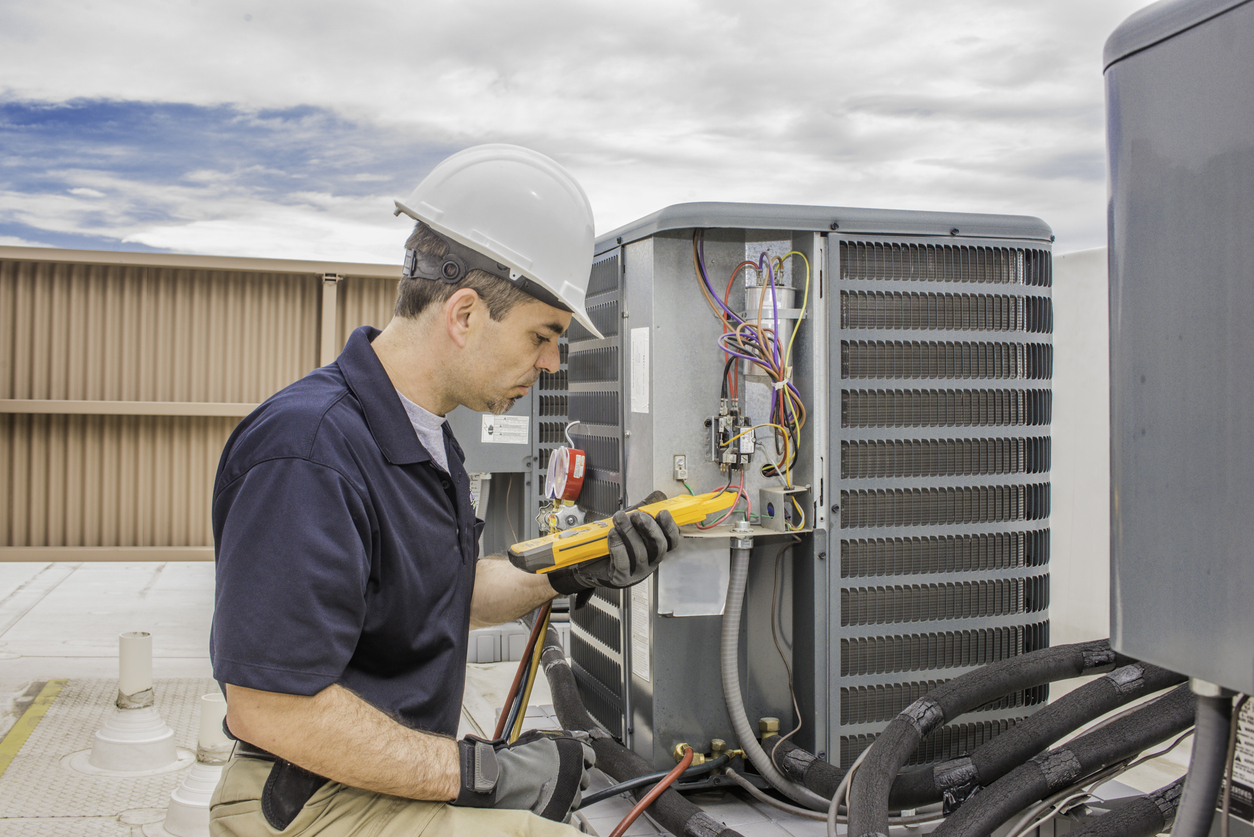
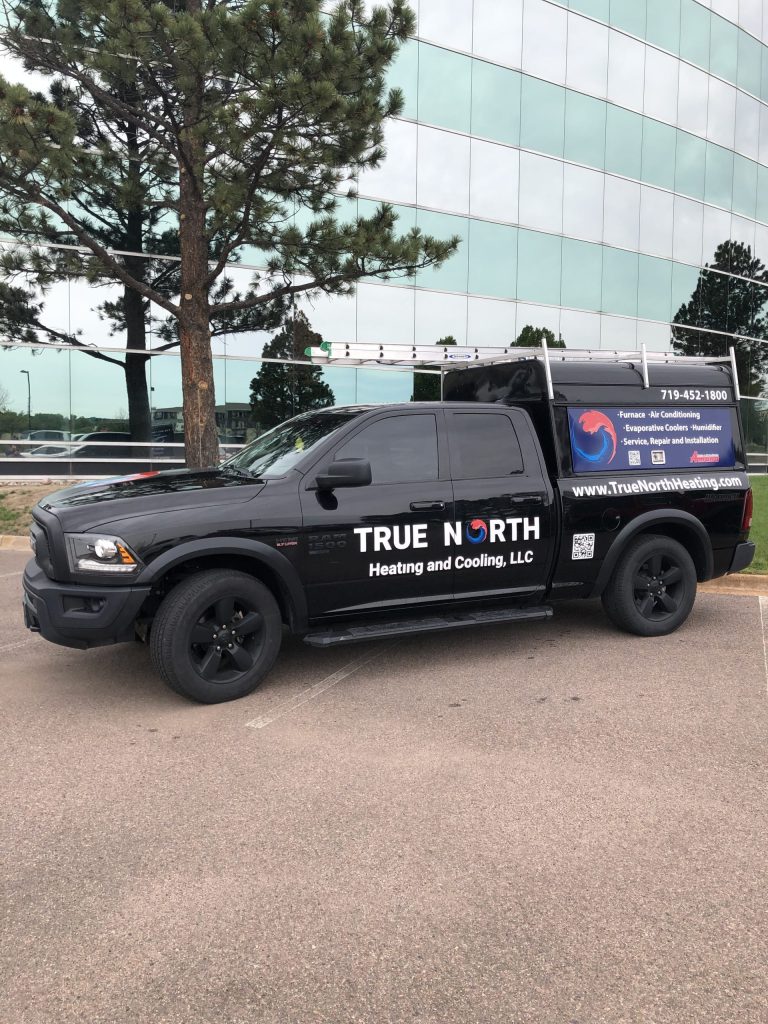
All Installations Backed By The True North Guarantee
Our air conditioning installation services are backed by a 1-year labor warranty and full manufacturer warranties on equipment.
That means if something goes wrong, we’ll make it right.
No runaround. No hidden fees. Just honest work and guarantees you can count on.
Ready To Install Your New AC System?
Get started with a free estimate or call 719-452-1800 to speak with Colorado Springs AC experts today.
Frequently Asked Questions
How Much Does AC Installation Cost In Colorado Springs?
Most new AC installations in Colorado Springs range from $4,000 to $10,000, depending on the size of the unit, installation complexity, and whether you’re replacing an old system or installing new air conditioning for the first time.
What Types Of Air Conditioning Units Do You Install?
We install all major types of air conditioning systems including central air conditioners, ductless mini split systems, and high-efficiency heat pumps. We also install smart thermostats and zoning systems.
How Long Does It Take To Install A New Air Conditioner?
Most installations are completed in one day, though more complex HVAC installations may take longer. We’ll let you know the timeline up front.
Do You Offer Central Air Installation?
Yes. We install central air conditioning systems for both new construction and existing homes. We’ll size the unit to match your house and ensure efficient performance.
Is A Ductless Mini Split Right For My Home?
Ductless systems are ideal for homes without ductwork or for cooling specific rooms like garages, basements, or additions. We can help you decide if a mini split air conditioner is right for your space.
How Can I Reduce My Cooling Costs With A New System?
Installing an energy-efficient air conditioner, using smart thermostat controls, and scheduling regular maintenance can significantly lower your energy bills.
